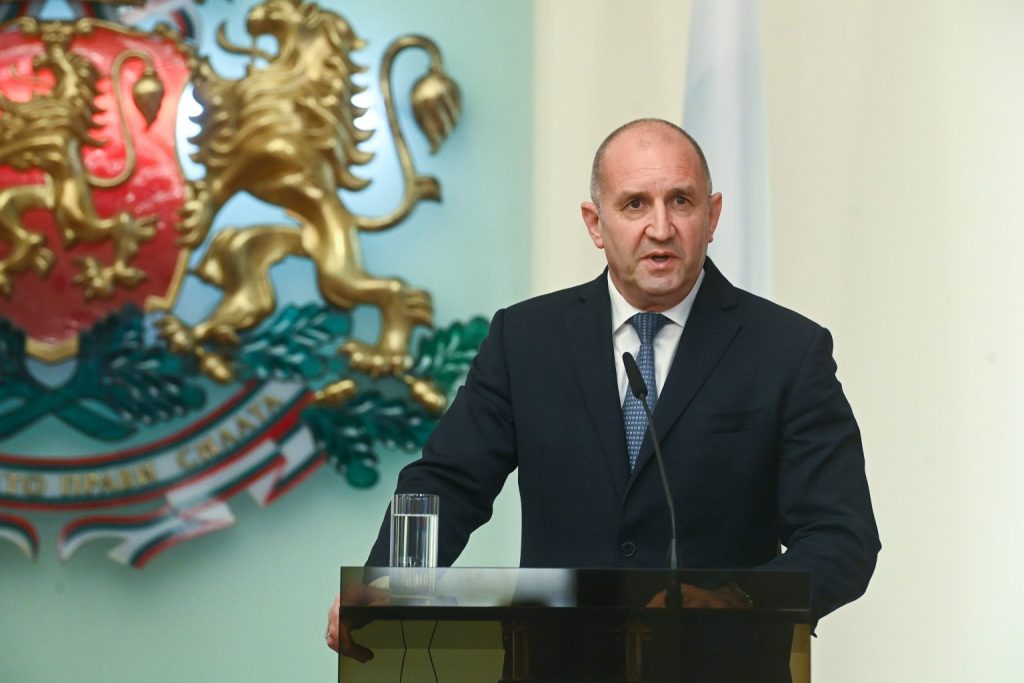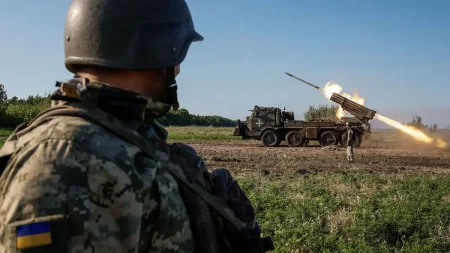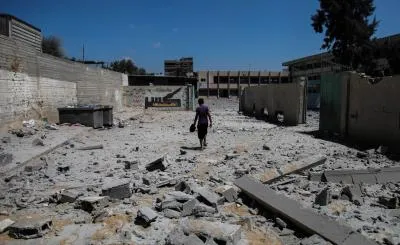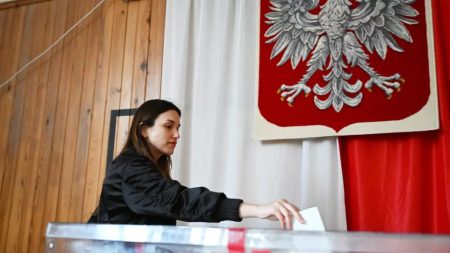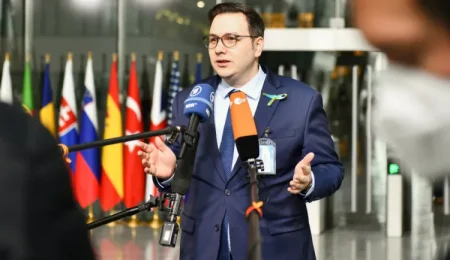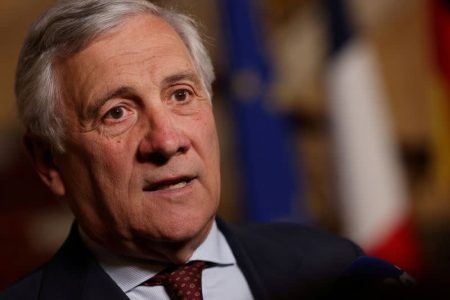Bulgarian President Rumen Radev has announced plans for a national referendum to delay the country’s adoption of the euro. This comes just weeks before Bulgaria is expected to get approval for eurozone entry in 2026.
The announcement caused a political crisis in Sofia. One of Radev’s top advisers resigned in protest. Many critics say the president is taking advantage of public fears about the euro, especially concerns about rising prices. The decision was made public on Europe Day, a symbol of EU unity, which further fueled criticism.
President defends move as democratic
Radev said the government has not done enough to protect people’s purchasing power or keep the economy competitive. He argued that citizens are anxious and should have a say in such an important decision.
He explained that democracy means listening to the people and that leaders with low public trust should not make decisions about the country’s future without public input.
Prime Minister accuses Radev of political agenda
Prime Minister Rosen Zhelyazkov accused the president of using the euro debate for personal political gain. He called on parliament members to show their support for Bulgaria’s EU membership by voting in favor of adopting the euro.
Zhelyazkov’s comments reflect growing tensions between the president and the ruling coalition. Many see Radev’s referendum call as a step away from his non-partisan role.
President had previously rejected similar request
Two years ago, Radev turned down a request by the pro-Russian Vazrazhdane party to hold a referendum on the euro. At that time, he said EU laws did not allow such a vote. When Bulgaria joined the EU, it accepted the requirement to adopt the euro once ready.
Now, critics question why Radev has changed his stance. Some say he is trying to boost his influence by aligning with growing anti-euro and nationalist sentiments.
Vazrazhdane party supports the referendum
The Vazrazhdane party welcomed the president’s decision. Party members claimed Radev acted due to foreign pressure. They suggested he received instructions from outside powers. This party recently signed an agreement with Vladimir Putin’s United Russia party.
Its leader, Kostadin Kostadinov, also took part in Russia’s May 9 military parade in Moscow. The party has often expressed strong opposition to EU policies and closer European ties.
Bulgaria nears eurozone approval
Bulgaria is in the final steps toward joining the eurozone. The government has requested a special convergence report from the European Commission. This report is expected on June 4 and is likely to be positive.
The final decision by the European Commission and the European Central Bank is expected on July 8. If approved, Bulgaria would adopt the euro in 2026.
However, a national referendum cannot be held before this date. The power to call a referendum belongs only to the Bulgarian Parliament.
Legal experts question the president’s move
Teodor Slavev, a political analyst at the Bulgarian Institute for Legal Initiatives, said Radev’s proposal shows he is moving toward party politics. He called the referendum a populist step linked to Radev’s possible future political plans.
Experts also pointed out that Bulgaria’s Constitutional Court had already ruled on the issue. Just one year ago, the court said a referendum on euro adoption is not allowed. Bulgaria agreed to join the euro when it became an EU member, and it will do so once all criteria are met.
Parliament expected to reject proposal
The ruling parties, including GERB, the PP-DB coalition, and DPS – New Beginning, hold 131 out of 240 seats in parliament. They have said they will reject Radev’s referendum proposal quickly.
The parliament majority supports Bulgaria’s full integration into the EU, including joining the eurozone as planned.
What comes next for Bulgaria and the euro
The next key date is June 4, when the European Commission is expected to release its report. If it is positive, the final approval for eurozone membership will likely come on July 8.
Despite political tension, the government remains focused on eurozone entry. It is preparing the country to meet all necessary economic and legal conditions.
The referendum proposal, while unlikely to succeed, has opened up a national debate about the future of Bulgaria in the EU and the impact of the euro on everyday life.





